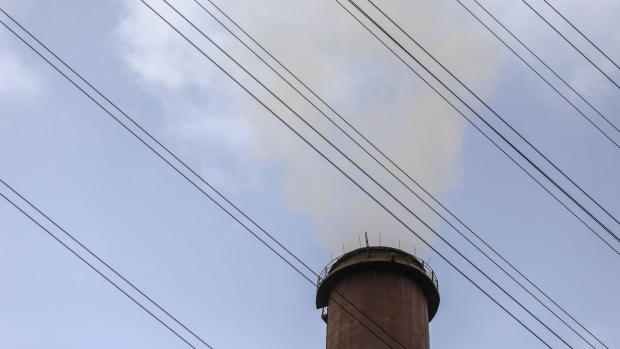Jan 31, 2023
PE in Crosshairs as $11 Trillion Investor Group Unveils CO2 Plan
, Bloomberg News

(Bloomberg) -- An $11 trillion investor alliance will start requiring members to expand their climate reporting to include assets that aren’t publicly traded.
The Net-Zero Asset Owner Alliance, whose signatories include Allianz SE and the California Public Employees’ Retirement System, will expand the list of assets subject to emissions targets to include sovereign debt holdings and private equity, it said on Tuesday. What’s more, members won’t be allowed to use carbon credits to meet near-term climate pledges, it said.
NZAOA is following through on a warning issued last year, as the role of private markets in portfolio-decarbonization efforts draws greater scrutiny. The announcement also comes after the United Nations urged voluntary climate finance alliances to step up their act. The finance industry has countered that a lack of data in some markets has complicated its efforts on climate.
Claudia Bolli, a member of NZAOA’s leadership team who’s also head of responsible investing at Swiss Re, said the evolving legal and regulatory considerations make it a “very challenging environment to navigate through.” But institutional investors “want to have a certain credibility,” which means finding “this balance.”
The need to track and rein in the carbon footprint of private assets is growing more acute. By 2027, managed assets in the global private capital market are expected to climb 20% to $13 trillion from 2021 levels, according to a January forecast by PitchBook. That coincides with concerns that some investors are tackling emissions reductions by selling stakes in high-carbon assets to private investors, where they’ve so far faced less scrutiny.
Meanwhile, there’s evidence that assets once held by banks are moving into private hands. KKR & Co Inc, one of the world’s largest alternative asset managers, said on Tuesday that opportunities are emerging as other forms of finance retreat.
“Many parts of credit in Europe appear attractive, especially given banks have pulled back on lending,” KKR’s Henry H. McVey and colleagues including Aidan Corcoran wrote in a note titled Down, But Definitely Not Out.
Read More: Blackstone, Apollo Among Holdouts Snubbing Net-Zero Finance Group
Sovereign debt, meanwhile, has long posed challenges for investors trying to track emissions and gauge risk, due to the political sensitivity around such rankings. In an August paper published by the Bank for International Settlements, researchers said it’s possible to create an investment strategy that rewards countries that reduce emissions.
Members of the NZAOA, which was convened by the UN, agree to transition their investment portfolios to net-zero greenhouse gas emissions by 2050, which is aligned with the goal of limiting global warming to 1.5C. The group has also set intermediate targets, which include CO2 reduction of as much as 32% by 2025 and all the way up to 60% by 2030.
NZAOA members that don’t comply with the new requirements will be called on to explain deviations, and compliance will be monitored. Signatories that fail to fall into line “may face delisting or be expected to demonstrate alignment within a time frame of six months,” Bolli said.
(Adds reference to KKR in sixth paragraph.)
©2023 Bloomberg L.P.





